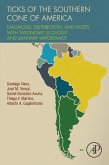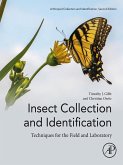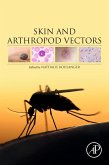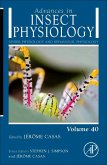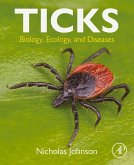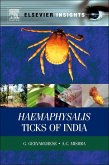Ticks are known to parasitize a wide range of hosts including mammals, reptiles and birds. These parasites are of veterinary and public health significance since they are responsible for the spread of a number of pathogens to humans and animals. Worldwide, ticks are responsible for billions of dollars in losses in the livestock industry annually due to the effects of these pathogens.
Based on review of the literature from more than five decades, twenty-three species of both hard and soft tick have been discovered on the twin-island republic with a greater number of species in Trinidad. Tick genera observed and recorded included Argas, Ornithodoros, Amblyomma, Dermacentor, Haemaphysalis, Ixodes, and Rhipicephalus species.
The tick species found in Trinidad and Tobago parasitize both wild and domestic species. Hosts include bats, fowl, equids, wild and domestic ruminants, birds, rodents, marsupials, and a variety of reptiles such as toads, tortoises, and snakes. Based on geographical location, most tick species discovered in T&T have also been recorded in other Caribbean islands in the archipelago, North, Central and South America. Both soft and hard tick species found in T&T have also been implicated in a number of blood-borne pathogens including Borrelia, Ehrlichia, Babesia, Hepatozoon, Rickettsia, and Anaplasma.
- Examines the biology of tick species on hosts endemic to Trinidad and Tobago
- Provides pictorial keys
- Facilitates identification, prevention, and control of tick-borne diseases in the tropical region
- Assists with diagnosing tick-borne diseases
Dieser Download kann aus rechtlichen Gründen nur mit Rechnungsadresse in A, B, BG, CY, CZ, D, DK, EW, E, FIN, F, GR, HR, H, IRL, I, LT, L, LR, M, NL, PL, P, R, S, SLO, SK ausgeliefert werden.



